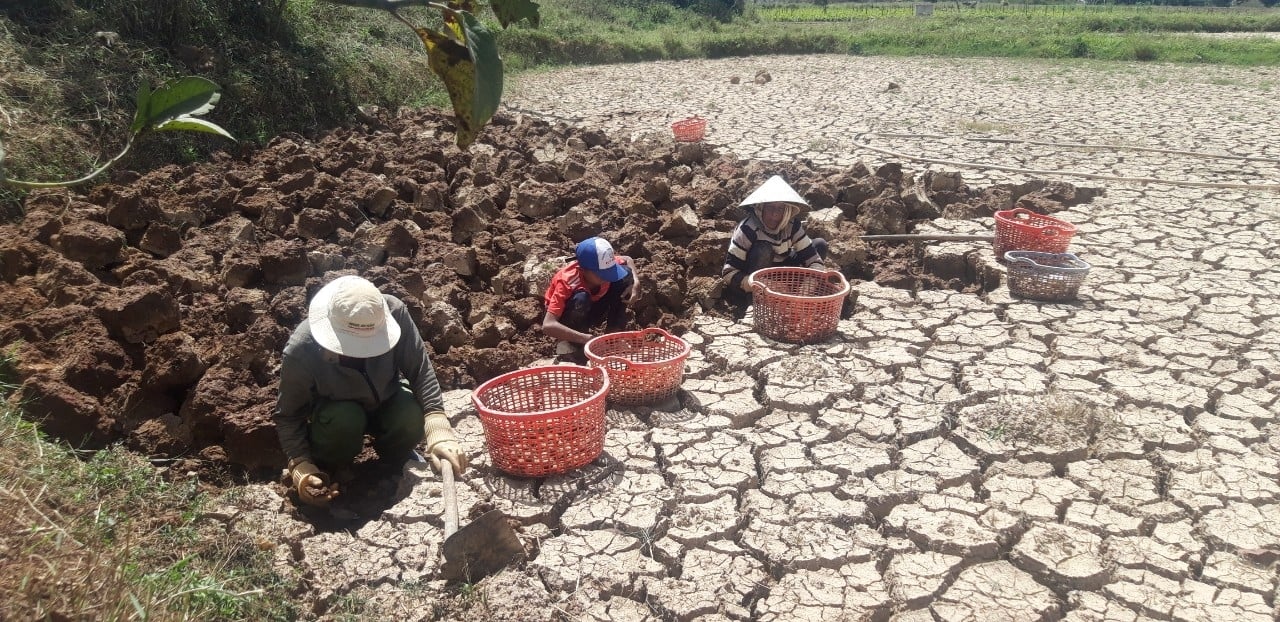
After the joyful days of Spring and Lunar New Year, farmers of the Chu Ru and Co Ho ethnic groups took advantage of the time to harvest water chestnuts on the dry and cracked fields. Despite the hot weather, the family of Mrs. Ma Thao (Chu Ru ethnic group, P'Roh Ngo village, P'Roh commune) still took advantage of the time to finish harvesting the water chestnut crop.
Mrs. Ma Thao explained: “If the fields have water, harvesting is easier, but in dry fields like this, harvesting water chestnuts is more difficult and requires a lot of labor. On average, each person can harvest 40 to 50 kg of water chestnuts per day. Compared to previous crops, this year’s water chestnut crop is good, with higher yields. The price of water chestnuts on the market is also stable, so my family is very excited!”
Water chestnut is also called water chestnut, water chestnut. Water chestnut can be used to cook sweet soup, processed in meals, bringing many nutritional values. In addition, this tuber also has effects on health such as stabilizing blood sugar, stopping bleeding, antibacterial, detoxifying.
Ms. Ma Thao added that previously, the entire area of this water chestnut cultivation area was used to grow rice twice a year. In a good year, the harvest was about 1.4 tons/sao, equivalent to about 10 million VND. In a year of bad harvest, pests, and drought, the harvest was not much. With advice from agricultural extension officers, Ms. Ma Thao's family boldly converted the entire 7-sao rice growing area to growing water chestnuts.
From planting to harvesting water chestnuts takes about 6 months, the current selling price is 8 thousand VND/kg. Thanks to planting and caring for the water chestnuts properly according to organic biological methods, the yield of Mrs. Ma Thao's family's water chestnut field reaches over 4 tons of water chestnuts/sao. Thus, this year's crop, Mrs. Ma Thao's family earned about 28 tons of water chestnuts, equivalent to over 200 million VND, the economic efficiency is 3 times higher than the previous rice cultivation. Since switching to growing water chestnuts, the economic life of Mrs. Ma Thao's family has improved significantly.
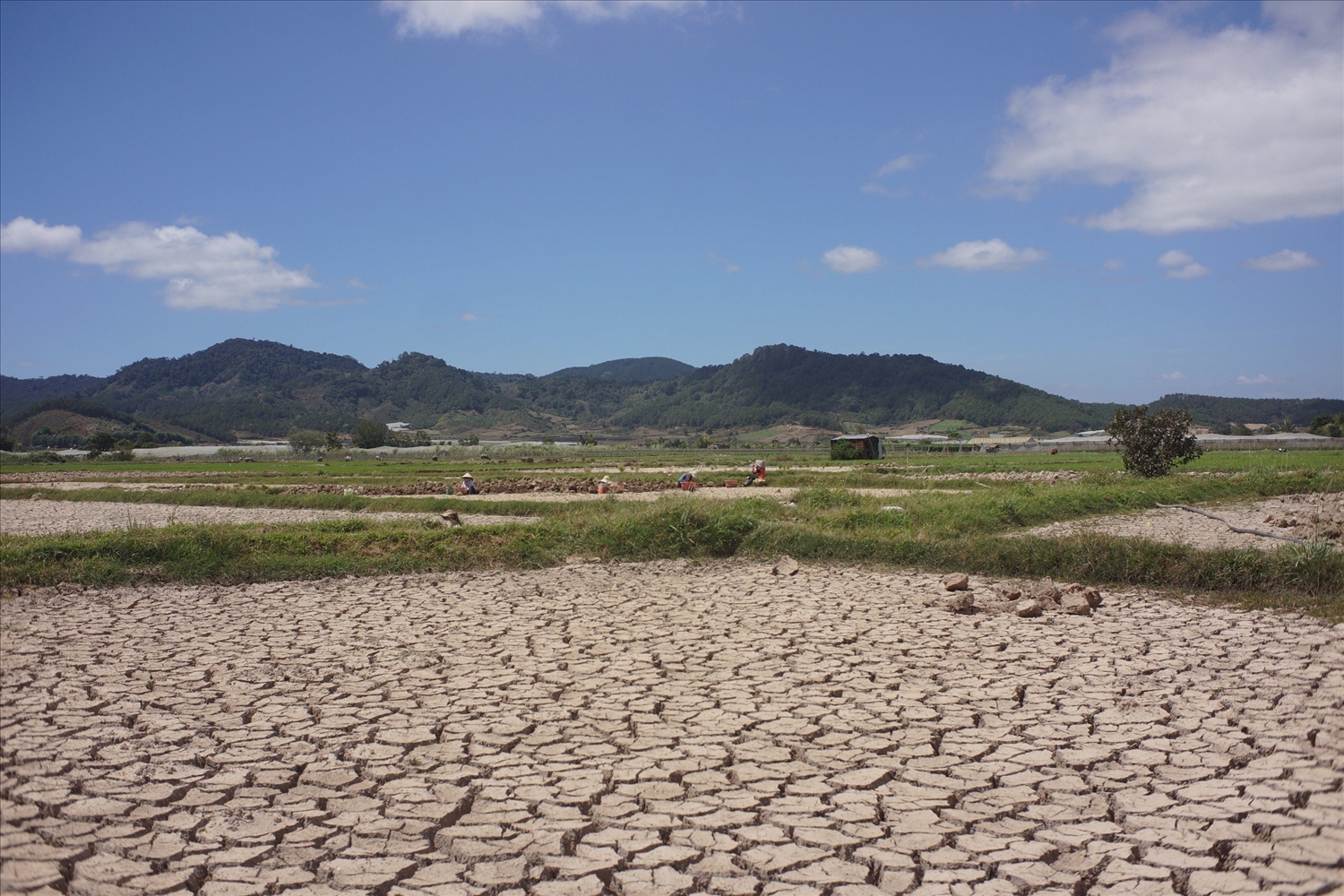
Not only Mrs. Ma Thao's family but also most of the Chu Ru and Co Ho people here have boldly converted their rice fields to grow water chestnuts for nearly 10 years now. Thanks to suitable climate and soil conditions, low initial investment capital such as seeds and fertilizers, less labor-intensive care, and suitable for the farming conditions of farmers, the area of water chestnut cultivation is increasingly expanding.
In 2014 and 2015, the entire Don Duong district only had a few dozen hectares of water chestnut growing area. Up to now, it has developed to nearly 300 hectares, mainly concentrated in P'Roh commune. Currently, the output of water chestnut is quite favorable, traders come to the fields to buy, or farmers after harvesting buy it for local purchasing warehouses. The main markets for water chestnut are Ho Chi Minh City, Hanoi and neighboring provinces such as Dong Nai, Binh Duong, Khanh Hoa.
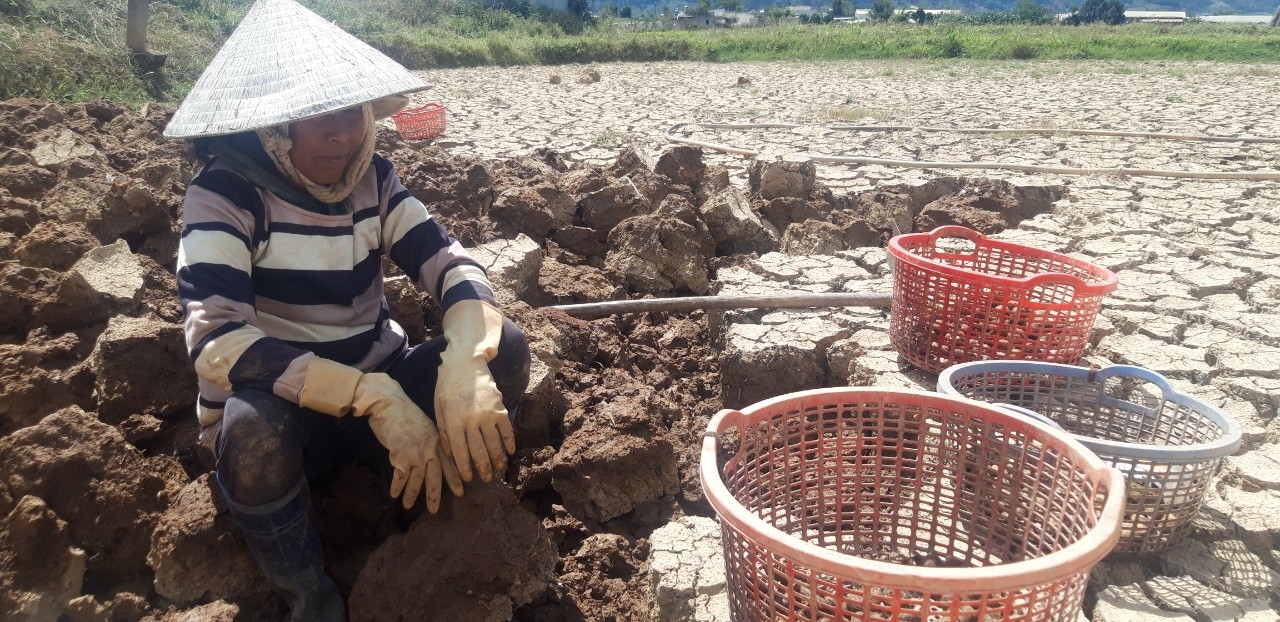
To improve the productivity and quality of water chestnuts, P'Roh commune has established a cooperative and a cooperative group to grow water chestnuts organically. Through this, people are instructed to take advantage of available manure and agricultural by-products to make fertilizer for water chestnut fields. This method, in addition to ensuring the environment, also increases nutrients, creates porosity for the soil, reduces pests and diseases, so the water chestnut fields grow well, and the products ensure food safety and hygiene for consumers.
Mr. Duong Van Thang, Vice Chairman of the People's Committee of P'Roh Commune, said: "It can be said that thanks to growing water chestnuts, the economic life of the Chu Ru and Co Ho people in the commune has been significantly improved. We are encouraging all farmers to grow water chestnuts in an organic way, in order to bring consumers the best quality products and ensure the environment in agricultural production. At the same time, we will establish chains in production and consumption of products, ensuring stable output, helping water chestnut farmers feel secure in their cultivation."
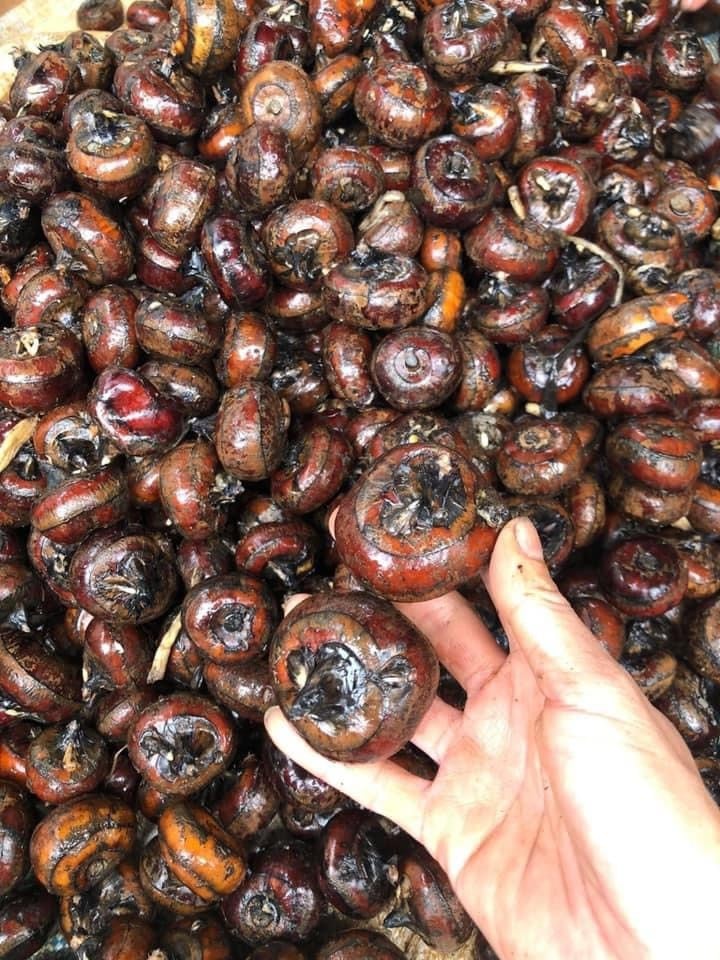
Thanks to organic production, fresh water chestnuts from P'Roh commune have been certified as 3-star OCOP products. However, at present, this locality does not have a facility to process water chestnut products. After harvesting, people still sell fresh water chestnuts, so the economic efficiency has not been as expected.
Faced with this situation, the agricultural sector of Don Duong district is coordinating with relevant units to train farmers in planting, caring, harvesting, preserving techniques, participating in fairs, connecting to find new markets. At the same time, encouraging ethnic minorities to cooperate in production and consumption of products, calling on businesses to invest and process products from water chestnuts, creating favorable conditions for P'Roh water chestnut products to reach consumers as quickly as possible.
Source


![[Photo] Prime Minister Pham Minh Chinh chairs a special Government meeting on the arrangement of administrative units at all levels.](https://vphoto.vietnam.vn/thumb/1200x675/vietnam/resource/IMAGE/2025/5/9/6a22e6a997424870abfb39817bb9bb6c)


![[Photo] Magical moment of double five-colored clouds on Ba Den mountain on the day of the Buddha's relic procession](https://vphoto.vietnam.vn/thumb/1200x675/vietnam/resource/IMAGE/2025/5/9/7a710556965c413397f9e38ac9708d2f)






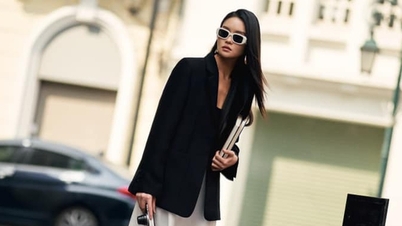



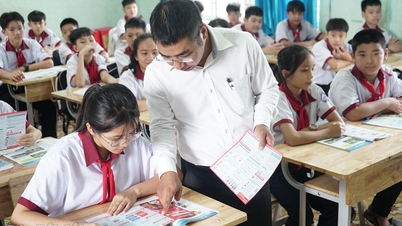










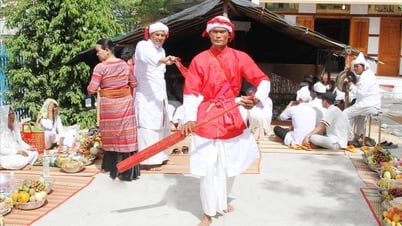



































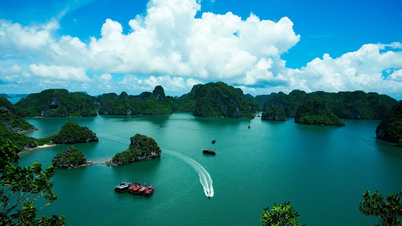



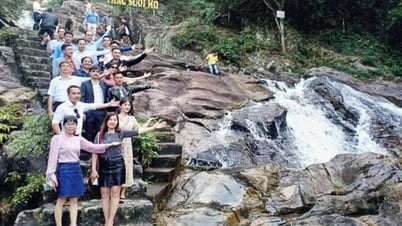


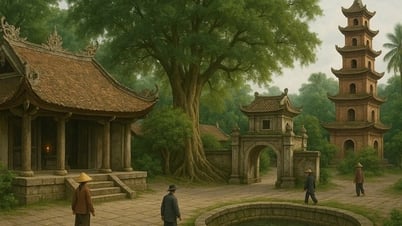

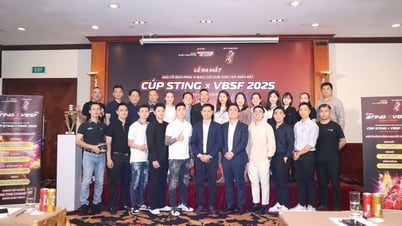

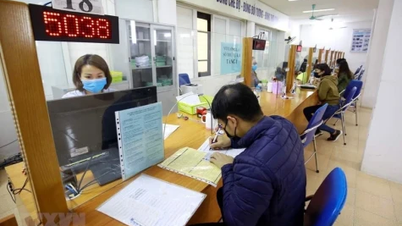





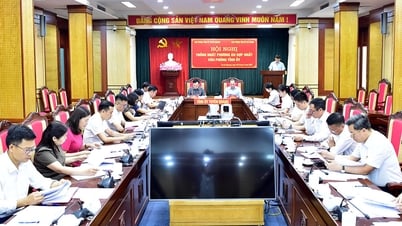

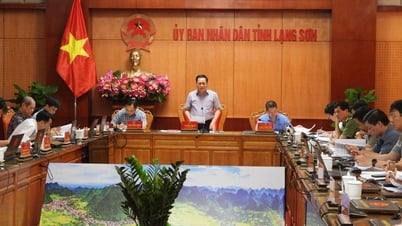














Comment (0)